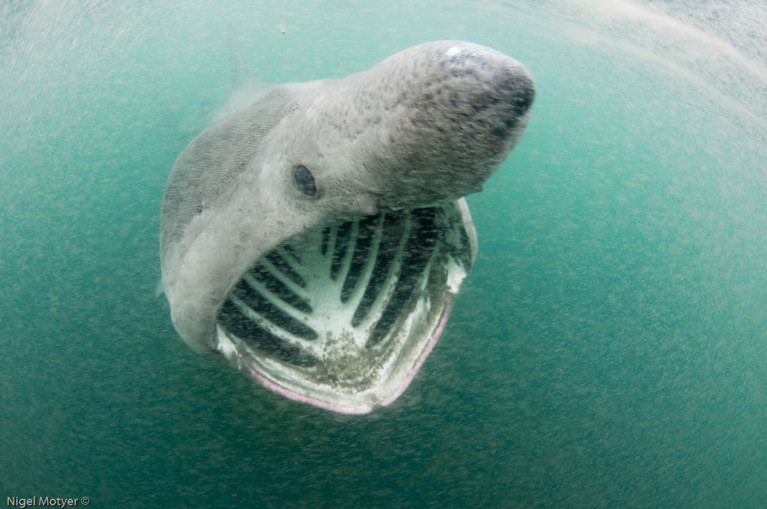Displaying items by tag: Lecture: Basking Sharks
Lecture: “Secrets of the Basking Shark-in Search of a Sea-Monster”
The Friends of Glenua 2019/20 Winter Lectures, in aid of the RNLI, resumes on Thursday 16 January at the Poolbeg Yacht & Boat Club, Dublin.
An entry contribution of €5 is in aid of the RNLI and the subject of the lecture is: “Secrets of the Basking Shark-in search of a sea-monster”
The speaker is Emmett Johnston.
The basking shark is the second largest shark in the world, growing to almost 11 metres and weighing up to 4 tonnes. With huge gaping mouth and lethargic surface swimming behaviour, this giant creature is often seen in Irish waters during summer months.
Having a liver yielding up to 400 gallons of valuable oil, basking sharks were slaughtered in their thousands in Ireland for over a 200 years. Now they are little more than a curiosity for fishermen and sailor alike but mysteries abound. Where, for instance, do they go in winter?
In the last decade, Irish marine scientists have pioneered the hunt for solutions with new research methods and unthreatening technologies, such as pop-up electronic tags and satellites. They have uncovered new truths about one of the world’s most elusive creatures, a true oceanic citizen, an animal that carries no passport and respects no boundaries.
Emmett Johnston is an ecologist with the National Parks and Wildlife Service, and a co-founder of the Irish Basking Shark Study Group. Since 2009 he has led the development of basking shark centred research, conservation and community initiatives in Irish and International waters. He is also an active member of the Irish Whale and Dolphin Group.
In his lecture, Emmett will tell the story of Ireland’s long relationship with this iconic marine creature and how recent advances in marines science are helping marine ecologists to gain new insights into how animal behaviour studies can inform the conservation of our natural world.
























































